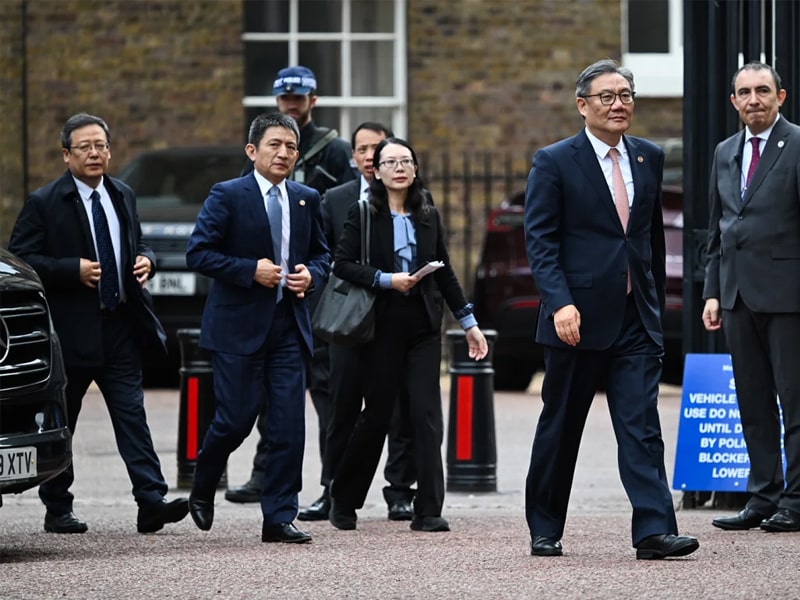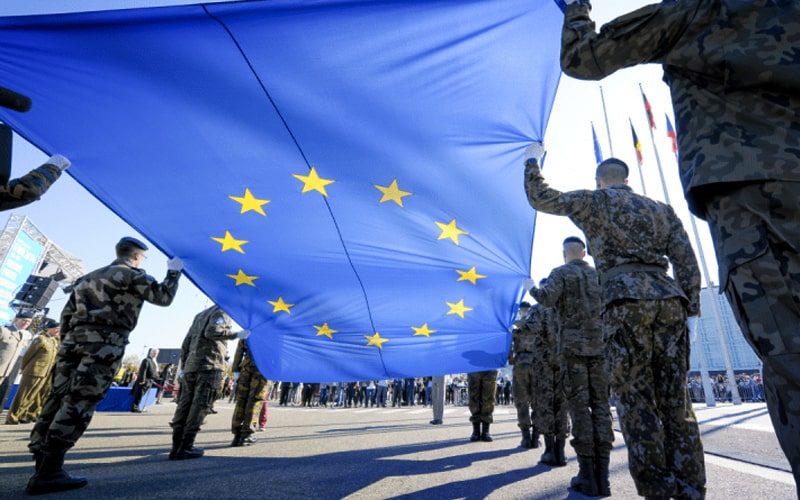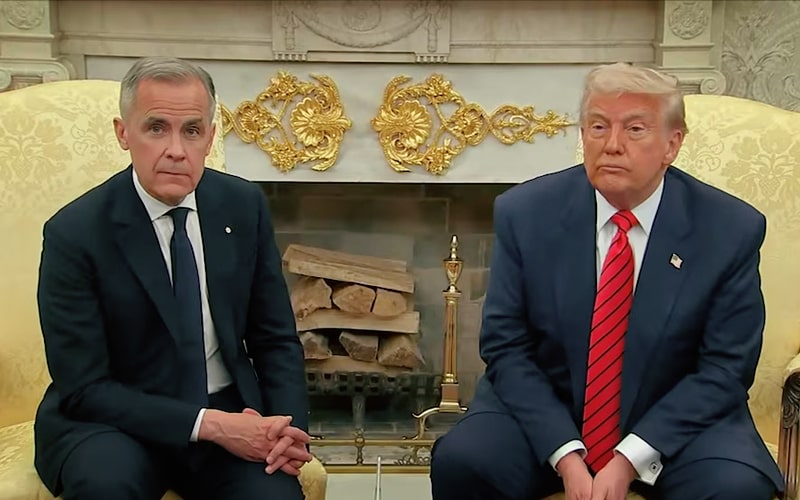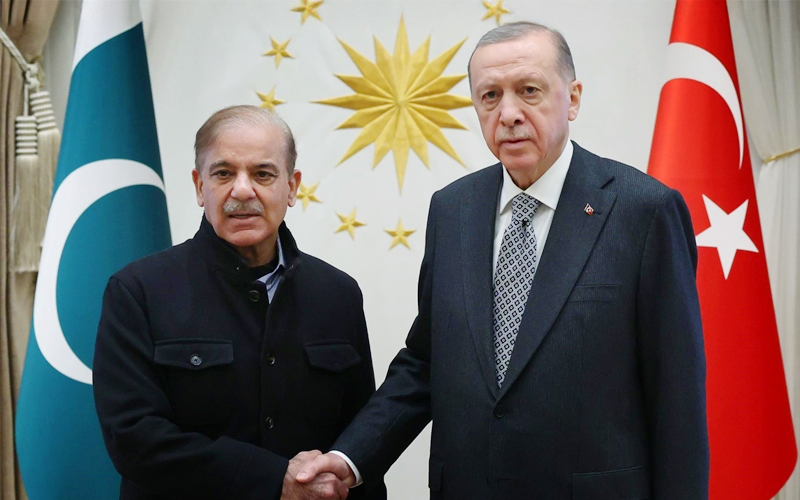Trade Truce Framework Reached in London The United States and China have reached an agreement “in principle” to implement a framework easing export controls, following two days of high-stakes talks in London. The proposal stems from prior agreements made in Geneva and a follow-up call between President Donald Trump and President Xi Jinping. According to …
US and China Agree on Export Control Rollbacks After London Trade Talks

Trade Truce Framework Reached in London
The United States and China have reached an agreement “in principle” to implement a framework easing export controls, following two days of high-stakes talks in London. The proposal stems from prior agreements made in Geneva and a follow-up call between President Donald Trump and President Xi Jinping. According to US Commerce Secretary Howard Lutnick, the final framework will be implemented after formal approval from both leaders.
Chinese Vice Commerce Minister Li Chenggang confirmed that the framework includes mutual commitments to reduce restrictions on essential trade items. While details remain under wraps, sources say it includes provisions on rare earth exports and US software used in chip design.
Rare Earths and Semiconductors at the Core
Rare earth minerals—vital for electronics, vehicles, and defense systems—have emerged as a key bargaining chip. China, which dominates global production, had curbed exports in retaliation for US tariffs. The US, in response, restricted the sale of chip design software and threatened student visa revocations.
President Trump previously said any deal would involve “balanced” rollbacks. If the framework is finalized, China is expected to resume rare earth shipments, while the US may lift restrictions on certain semiconductor-related technologies—though not on high-end AI chips from companies like Nvidia.
High-Tech Flashpoints: Chips and Huawei
Beyond rare earths, tensions remain around chip technology. The US has targeted Chinese firms like Huawei with export controls, seeking to curb Beijing’s military and AI ambitions. These restrictions have expanded since 2022 under President Biden, cutting off Chinese access to chipmaking equipment and advanced semiconductors—even from third-party countries using US tech.
Despite sanctions, Huawei made headlines in 2023 by launching its Mate 60 smartphone with high-end chip performance, prompting US investigations. Huawei’s founder Ren Zhenfei recently acknowledged the company still lags one generation behind the US but argued that chip stacking offers comparable results in real-world applications.
Outlook for the Deal
If approved, the framework would mark a significant thaw in US-China economic tensions, which had escalated sharply since April. Chinese exports to the US fell 34.5% in May, prompting urgency for another round of talks.
Officials hope the London agreement will restore trust and lay the groundwork for longer-term trade cooperation. “This is conducive to the stable and healthy development of China-US economic and trade relations,” Li said via CGTN.
Subscribe to Our Newsletter
Keep in touch with our news & offers












